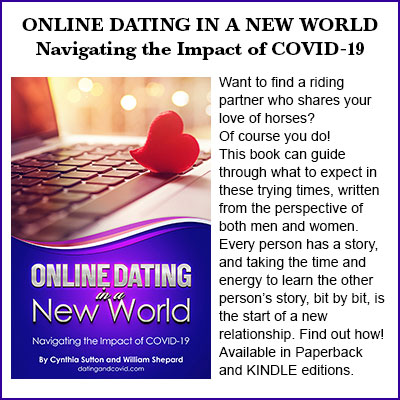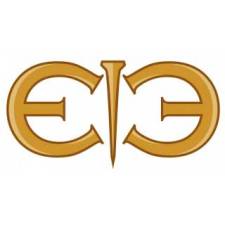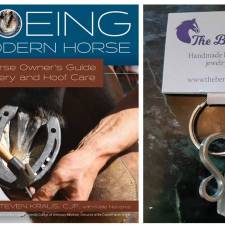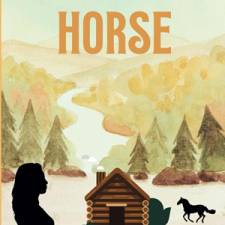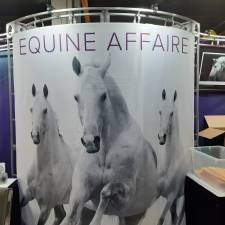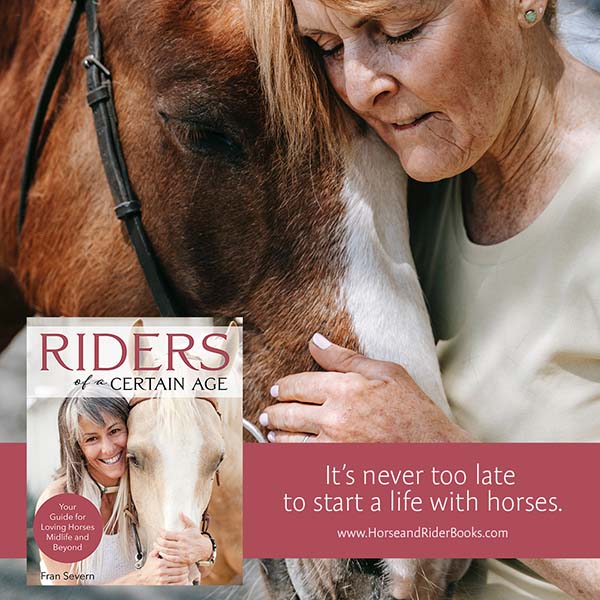
By Fran Severn
What is it with women and horses? Why are so many women obsessed with horses, riding, and all things equine? With so many other activities available, what draws us to these great, sometimes mysterious beasts? Other people are dedicated to their hobbies, but not like us. Foursomes meet regularly to play a round of golf; Mahjong and bridge clubs toss tiles and bid fiercely every week. Some women attend their Zumba and aqua-aerobic classes with an almost religious fervor. But they rarely reach the level of total dedication that identifies horse lovers.
And it seems to be an all-or-nothing fascination. You are either born with this disposition for loving horses, or you are, at best, disinterested. Those who don’t share our passion don’t understand it, or us. And we don’t understand them.
There is little scientific research that explores why so many women love horses. Freud said it had to do with sexuality and how women really want to be men, but with Freud, everything had to do with sexuality and women wanting to be men. To be fair, there are fundamental differences between the physiological and psychological makeup of men and women. Women have a deeper limbic system. That’s the part of our brains that controls behavior and emotions. Our limbic system predisposes us to be concerned with bonding, reproduction, feeding, sheltering, and protecting those under our care. Our female brains are wired to be more intuitive and emotional. We are generally more empathic than men, and we pick up non-verbal cues and body language much more easily than they do. The guys are hard-wired for domination and action. Empathy is generally viewed as a weakness, and intuition is often written off in favor of concrete, provable evidence. Where horses are concerned, by and large, women prefer trail riding, dressage, or working with rescues, while men gravitate toward high-energy competition like rodeo sports or three-day events. One comparison often heard is that women love horses, while men love riding.
Scientific research that explores equine attraction focuses on teenage girls and young adults, not mature women. Those studies found that while we may be moving toward a more gender-equal society, traditional stereotypes remain strong where horses are concerned. Horses are considered “girly,” hence the popularity of My Little Pony and rainbow-bedecked unicorns. There’s also the romantic notion of the White Knight galloping on his fiery steed to rescue the princess and living happily ever after.
Digging deeper for more substantive motivations, researchers find that horses provide a positive outlet for emotions that are often hard for girls to express. While boys have sports and assertive male role models, girls are pressured to be subservient and conform to other people’s ideas of how they should live, think, and behave. For them, horses represent independence, strength, adventure, and accomplishment. Horses are non-judgmental and accepting as girls struggle to develop their own sense of self and deal with expectations and criticisms in school and at home. They provide both a deep emotional release and a sense of protection. Even girls who have no access to horses in their daily lives, like those growing up in cities, still dream of horses. They fill that “horse hole” with daydreams, Breyer models, movies, and pages of doodles of horses.
New research finds an intriguing physiological bond between horses and humans. Every living creature has an electromagnetic field. The field affects the brain waves of those near it. The horse’s strongest electromagnetic field can be detected 20 feet away. The frequency is close to a human’s “Alpha” frequency, which is the most relaxed and calmest mental state for humans. That may explain why just being around horses relaxes people. Our level of cortisol, the stress hormone, drops, and the level of endorphins, the “feel-good” hormones, rises. In one study of 18- to 30-year-olds, participants showed more patience, calmness, focus, self-esteem, and assertiveness after performing tasks as simple as bringing horses in from the field, grooming, and walking them around the paddock on a lead line.
This ability to project that calming natural strength is one reason why horses are so effective in treating people with post-traumatic stress disorder (PTSD) and other traumas. Trainers like Buck Brannaman, Chris Irwin, and Monty Roberts, who all had traumatic childhoods, acknowledge the healing effects of working with horses. Anecdotally, participants at clinics or training programs often share stories of trauma and abuse and how they were drawn to horses, even many years after the events.
In the horse world, “collection” refers to that moment when the horse and rider are one in terms of balance, flexibility, understanding, and sensitivity. Perhaps as adults, we find that horses represent the same powerful desires and sense of protection that attract young girls. A partnership with horses extends that “collection” into their riders’ daily lives.
This excerpt from Riders of a Certain Age by Fran Severn is reprinted with permission from Trafalgar Square Books (www.HorseandRiderBooks.com).
There is more good reading in our sections on Books and Recreation & Lifestlye.






